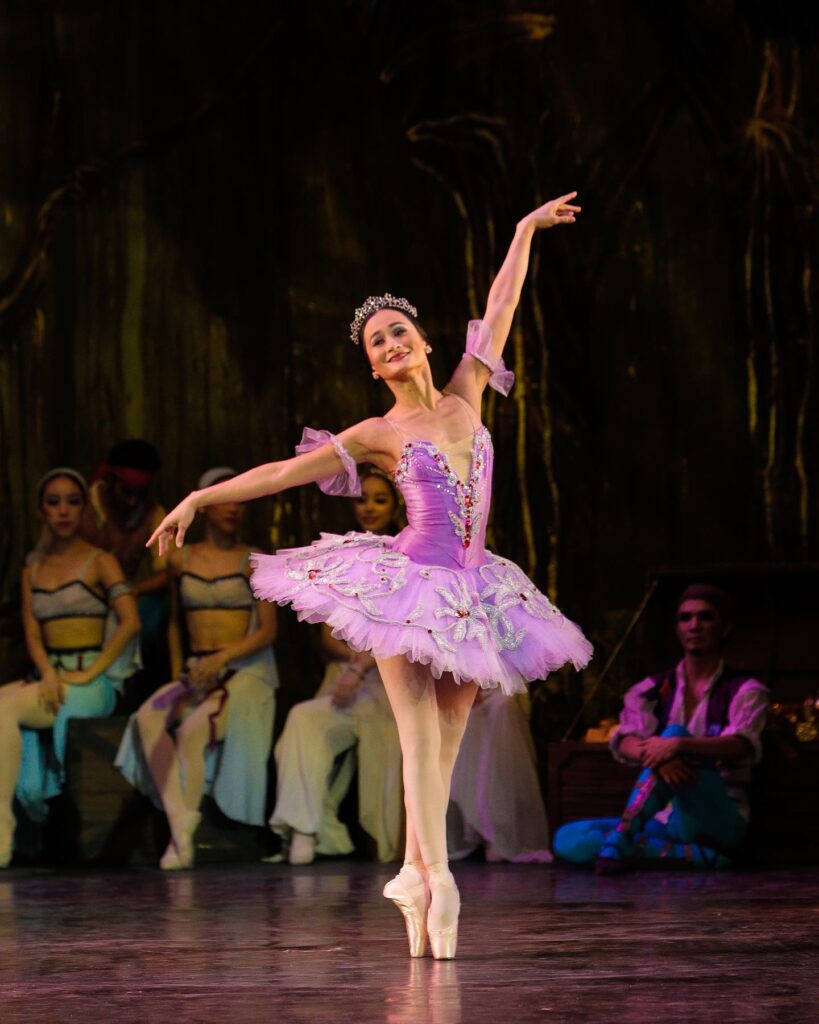Acclaimed Filipino prima ballerina Lisa Macuja-Elizalde shared tips to aspiring choreographers and dancers towards success in the creative industry, as the world navigates the post-pandemic era.
Macuja-Elizalde encouraged hopeful talents to search and enroll in the best schools and companies that offer excellent education and experience.
“First, get the training that you need to be able to keep on practicing your art form. Keep exploring all different forms until you find your niche and expertise,” she explained in HISTOPHTV, an online platform features prominent figures in the dance landscape.

HISTOPHTV is a webinar interview produced by the Dance Program students of the De La Salle-College of Saint Benilde.
The multi-awarded mentor advised them to commit and pursue their passion at a very young age. She underscored that a dance career is notably brief and particularly well-suited for individuals during their youth.
With the aim to adapt to the progressive local and global performing scene, Macuja-Elizalde, together with Benilde Dance Program chairperson Nina Anonas and educator Mycs Villoso, likewise discussed the Bachelor in Performing Arts, major in Dance, that is currently offered and available at the college.
Following the widespread use of social media platforms, the artistic director of the classical ballet institution Ballet Manila urged young artists to continue creating content and publish them online.
“You can post it, whether it is a solo choreography or a ballet technique that you want to impart, so that everyone can learn from these insights,” she stated.
To prioritize the overall well-being and health, Macuja-Elizalde noted that both mind and body must also have the time to rest, heal, and recover, especially those who suffered injuries from exercises and presentations.
“As long as the love for doing it is present in our hearts and minds, continue doing it. That is how we are going to survive as artists in this very demanding environment,” she expounded.
The Philippine culture advocate also sought the support of the government and private sector on the community’s initiatives to develop an appreciative audience.
She likewise called for less fractioned, more joint forces within groups to earn more respect for productions. She noted stage and theatrical settings have changed throughout the years.
